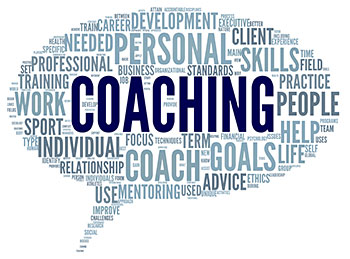A Strong Sales Coaching Culture Starts at the Top
The first step to building a sales coaching culture is to get the senior management of the organization to understand and be 100% committed to three things:
- Ongoing training
- Allowing the sales managers the time and latitude to get into the field and
- Communicating that sales coaching is all about growth and improvement performance, not eliminating people.
Fail to get senior management on board relative to these three concepts and your entire sales organization will never truly flourish. “The best way around is straight through.”
What exactly does that mean relative to sales coaching? It’s simple. If you’re going to create a culture in which sales coaching is truly important, then sales managers must have the courage to provide both good and constructive feedback as quickly and regularly as possible.
This starts with a mindset and commitment not only on the part of senior sales leaders, but also on the part of sales managers, and they have to agree to these non-negotiables. The 4 Non-Negotiables of a Sales Coaching Culture: Sales managers must:
- See that their real job is developing salespeople
- Understand that providing feedback and course correction is not punitive, but developmental
- See providing feedback to reps as being important
- Make the time to do it
- Know how to do it
- Make it part of their ongoing way of working with their sales team
A Real-Life Story
We installed a coaching and feedback process with one of our clients over a several year period. This organization had somewhere around 400 salespeople and 60 sales managers. When we started, it was clear that they had no consistent sales process, training methodology, coaching system or anything else. Interestingly enough, they also hadn’t hit their sales targets for 4-5 years in a row.
It took about 18 months to integrate the coaching process for their sales managers, the main part of which was developing ongoing messaging and support of driving a sales coaching culture down through the managers. Coaching the coaches was an ongoing component of this installation. While sales coaching skills training is an important part of developing sales managers into coaches, the real work is on the shoulders of senior leaders inside of the company. That which is reinforced gets done, so building a culture in which sales coaching is reinforced can’t be an event…it’s an ongoing commitment.
NOTE: Our sales training tools are designed to make your life easier. Use them to your advantage.
The 5 Fundamental Skills of World-Class Sales Managers
World-class athletic teams win for one reason and one reason only: they have absolute mastery over the fundamentals.
World-class sales managers are no different…





